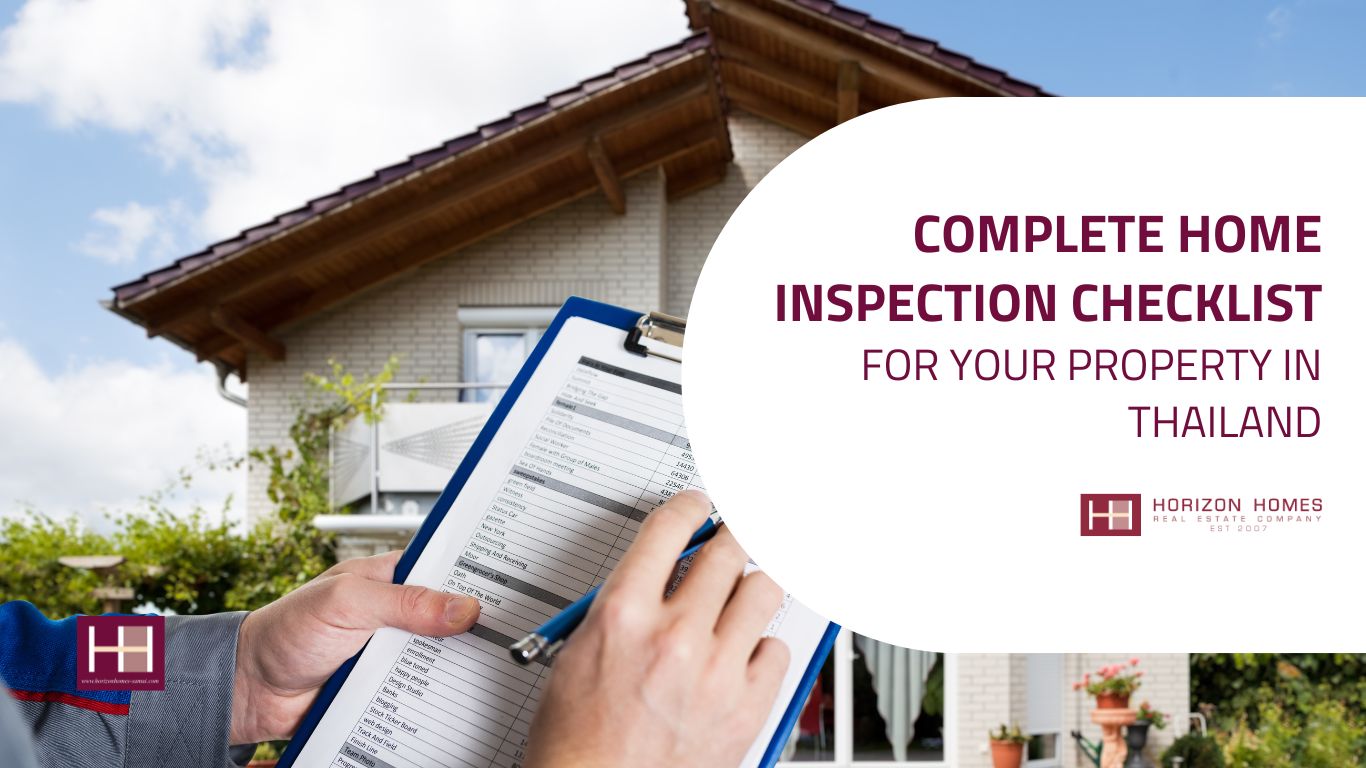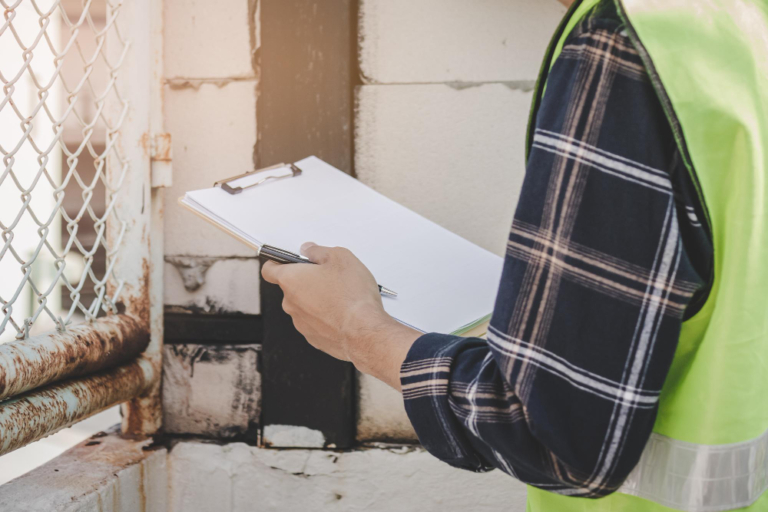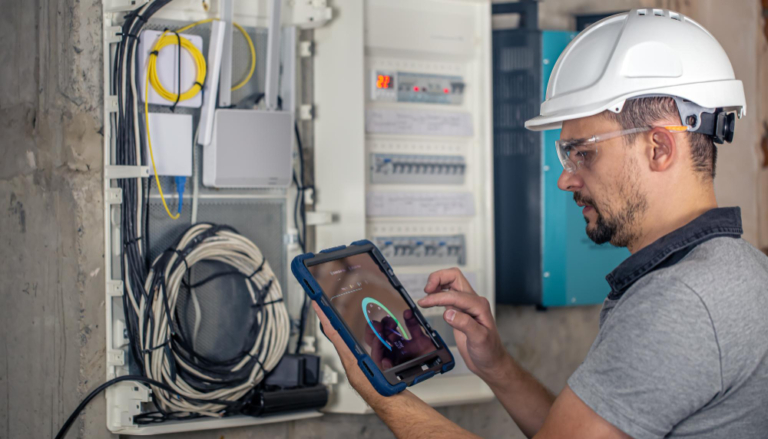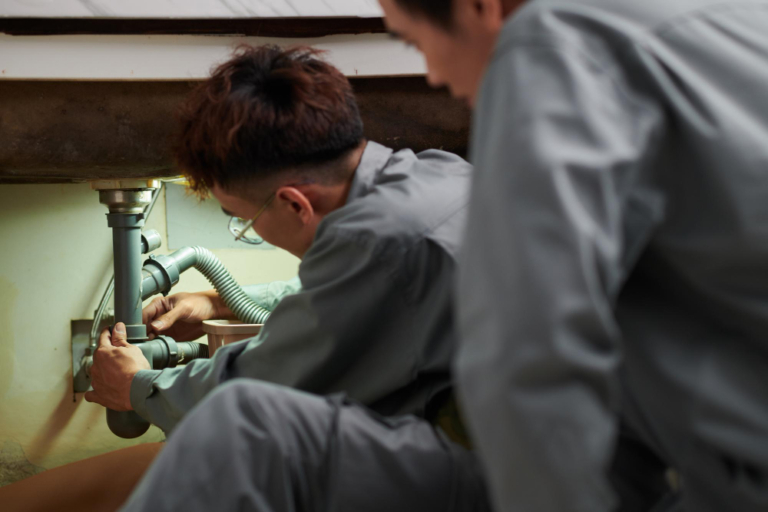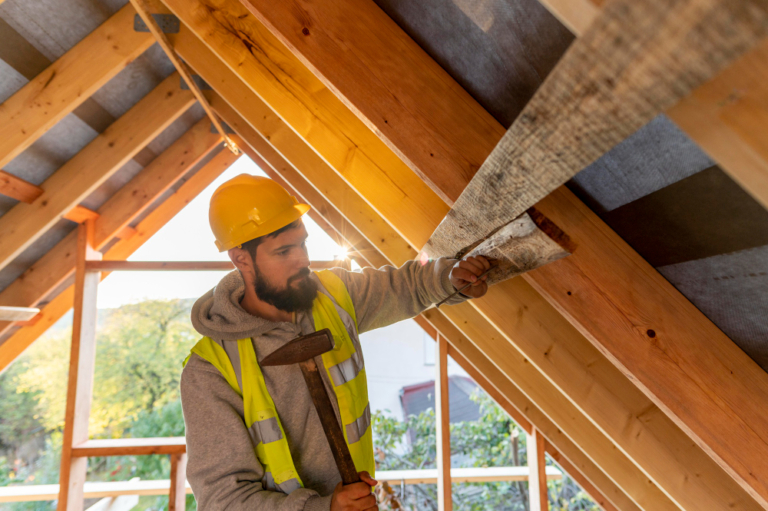Thinking about buying a home in Thailand? You’re not alone. But before you jump into the vibrant property market, there’s one crucial step you shouldn’t skip: a home inspection. It’s your chance to uncover hidden issues and ensure your potential new home is up to snuff. But what exactly should you look for?
In Thailand, the tropical climate and unique construction styles can pose specific challenges. So, having a comprehensive home inspection checklist tailored to this region is essential. From checking for water damage to assessing structural integrity, there’s a lot to cover. But don’t worry, we’ve got you covered.
Importance Of A Home Inspection
A home inspection in Thailand is essential for uncovering hidden issues that could lead to costly repairs later on. From spotting water damage in the tropical climate to checking the structural integrity of the property, an inspection helps avoid unpleasant surprises like faulty plumbing or electrical problems. With Thailand’s unique construction practices, having a thorough checklist is key to identifying potential risks such as leaking roofs or unsafe installations, which can also impact insurance claims.
A home inspection in Thailand is essential for uncovering hidden issues that could lead to costly repairs later on. From spotting water damage in the tropical climate to checking the structural integrity of the property, an inspection helps avoid unpleasant surprises like faulty plumbing or electrical problems. With Thailand’s unique construction practices, having a thorough checklist is key to identifying potential risks such as leaking roofs or unsafe installations, which can also impact insurance claims.
Key Elements Of A Home Inspection Checklist
A home inspection in Thailand isn’t just a tick-box exercise. It’s your moment to dig deep and uncover any skeletons lurking in the closet—or termites in the walls.
Structural Components
First up, check those bones of the house. Structural components mean looking at the foundation, walls, ceilings, and floors. Got cracks? Uneven floors? Those might signal trouble brewing beneath the surface. You don’t want your new dream home turning into a leaning tower, right? Especially in Thailand’s terrain, stability counts.
Electrical Systems
Next, jump into the shocking stuff—literally! Electrical systems might not seem exciting, but they’re vital. Flick switches, test outlets, and ensure grounding is top-notch. Faulty wiring in Thailand’s tropical environment can be a real buzzkill—or worse. Don’t leave sparks flyin’—ensure all’s wired tight for safety and insurance sanity.
Plumbing Issues
Oh, the joys of plumbing! A sneak peek at pipes, drains, and fixtures can save you from Thai waterworks later. Drippy faucets, low water pressure, or slow drains can signal lurking plumbing gremlins. Nobody wants a water feature in their living room—unless it’s intentional and comes with koi fish.
Roofing And Attic Inspection
Up top, it’s time to play detective with the roof and attic. Spot leaks, sagging, or shoddy tiles and don’t forget to escalate your probing into the attic. In Thailand’s weather, a sturdy roof isn’t optional—it’s essential. An unwelcoming ceiling party invites moisture, critters, and all sorts of unwanted guests.
Conduct these checks, flash that magnifying glass, and stride into home ownership with confidence. You’re not just buying a house; you’re securing peace of mind.
Specific Considerations In Thailand
In Thailand, home inspections ain’t just a procedural step, they’re your frontline defense against the country’s unique conditions. With the tropical climate and particular construction practices, your checklist needs a few local tweaks.
Climate and Environmental Factors
- Hot and Humid Climate: Thailand’s weather is characterized by high heat and humidity, with seasonal monsoons.
- Water Damage: Check for signs of water damage, leaks, and water stains due to heavy rainfall, which can cause structural issues.
- Mold and Moisture: Inspect for mold in damp corners and potential structural damage caused by moisture.
- Pest Issues: Termites can cause significant damage to wood. Look for mud tubes or hollow-sounding beams to catch infestations early.
Local Building Codes
- Compliance with Local Codes: Ensure that construction adheres to Thailand’s building regulations, which are legally enforced.
- Wiring and Plumbing Standards: Have an inspector verify that electrical and plumbing systems meet local standards.
- Disaster Readiness: Verify that the property is prepared for natural disasters, such as storms, which are common in the region.
- Permit and Extension Checks: Ensure all extensions or unauthorized structures have proper permits to avoid legal issues.
Hiring A Professional Inspector In Thailand
Thinking of diving into Thailand’s real estate waters? Hold up a sec. Partnering with a qualified home inspector is like bringing a flashlight to a treasure hunt, helping you spot everything lurking in the shadows. No one wants to find skeletons in their dream home’s closet after sealing the deal, right?
Qualifications And Experience
Hire someone who knows the ropes. An inspector with a background in construction or engineering brings major know-how to the table. In Thailand, specific expertise in local building practices can be a game-changer, given its unique architectural quirks.
Check for certifications from recognized institutions. Though not ubiquitous in Thailand, credentials add credibility. Experience? A non-negotiable. An old pro who’s assessed a variety of properties will notice what novices might miss.
A local track record matters. Familiarity with regional challenges like humidity, termites, and building material use elevates the inspection quality. It’s about identifying potential problem areas that could turn into money pits.
Questions To Ask Potential Inspectors
- What is your inspection process? Understand the steps involved and ensure they align with your needs, including checking key areas like the roof space and drainage.
- What is the report format like? Ask for a clear, photographic, or visual report to avoid confusion and better understand the issues found.
- What are your fees? Ensure fee transparency to avoid any unexpected costs.
- Can I see sample reports? Reviewing past examples gives you insight into the quality and thoroughness of the inspector’s work.
- Do you have references or client testimonials? A reputable inspector should be able to share feedback from previous clients, which can help gauge their reliability and quality of service.
DIY Inspection Tips For Homebuyers
Thinking about doing a home inspection yourself in Thailand? It’s a smart move, and with a few tips, you can catch those pesky issues before signing on the dotted line. First up, grab a flashlight and a notepad—you’re playing detective here.
- Structure Matters: Start with the foundation and walls. Look for cracks or uneven floors. It’s like checking the cake’s layers for evenness. If things seem stable, you’re likely in good shape. But if anything looks off, it’s time to dig deeper.
- Roof Reality Check: Take a look at the roof. Spot any leaks or broken tiles? Thailand’s wet season can be brutal, and it’s better to know if you’ll need to invest in repairs before the first downpour.
- Jump into Plumbing: Turn faucets on and off. Is the water pressure solid? Any funky smells? Make sure the plumbing system doesn’t resemble a mystery maze.
- Electric Eureka!: Flick those light switches. Are all the lights coming on smoothly? Ensure no flickering or buzzing since those could spark bigger issues—literally.
- Nosy for Mold: Mold loves humid climates. Peek behind curtains and in dark corners. Finding mold early means avoiding a fight with an unwanted guest that refuses to leave.
- Crusade Against Critters: Termites and other pests can invade before you notice. Get on your knees and check areas you might initially skip. A buddy system might be fun here—spot the critter, win a prize!
- Compliance Check: Know the local building codes. Not thrilling, but essential. Ignore this, and you’ll find your DIY efforts aren’t worth much.
Conclusion
Exploring the Thai real estate market with a comprehensive home inspection checklist is essential for safeguarding your investment. By focusing on Thailand’s unique climate and construction styles, you can effectively identify and address potential issues before they become costly problems.
Whether you opt for a professional inspector or decide on a DIY approach, being thorough in your inspection process will enhance your confidence as a buyer. Remember, knowledge is power when it comes to real estate, and a well-executed inspection can provide both security and peace of mind. Contact Horizon Homes if you need help regarding home inspection.

